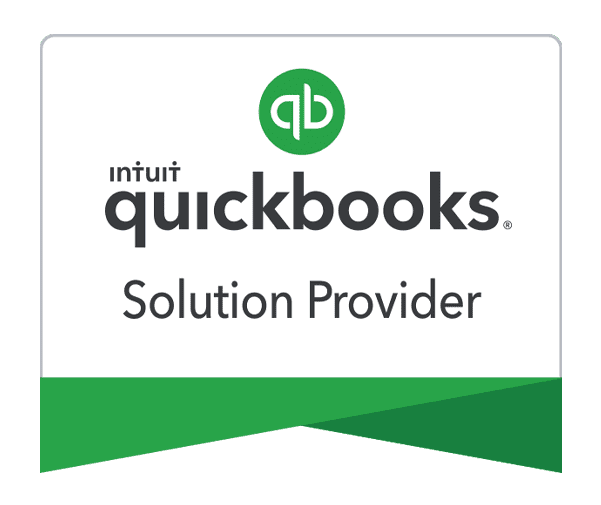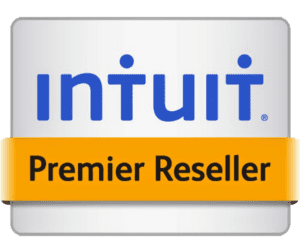5 Common Surcharging Mistakes & A Solution To Streamline Efficiency and Compliance

Paygration, Inc.
Nowadays, leveraging digital payment solutions like QuickBooks has become crucial for managing finances and operations for most companies. However, as businesses increasingly accept credit card payments, they also face the challenge of managing processing fees. Many opt to manually add surcharges to customer invoices and payments to offset these costs. While this approach may seem practical, it’s fraught with compliance pitfalls that can have significant legal and financial repercussions.
Understanding the nuances of surcharging and ensuring compliance with card association rules is essential. In this comprehensive guide, we’ll explore 5 common surcharging mistakes and introduce a simple, automated solution that ensures efficiency, compliance, and cost savings.
Manual Surcharging Common Mistakes
Surcharging customers to cover credit card processing fees is a strategy adopted by many businesses. However, manually and randomly adding convenience, technology, and service fees can lead to serious compliance issues with card association rules. Let’s dissect the top five problems businesses encounter with manual surcharging:
1. Surcharging Too Much
The amount added as a surcharge must not exceed the merchant’s cost of processing the credit card transaction or the maximum allowed by card association guidelines, typically around 2-4%. Overcharging can lead to penalties and customer dissatisfaction.
2. Adding Charges to Debit and Prepaid Cards
Card association rules prohibit surcharging on debit and prepaid card transactions. Unfortunately, distinguishing between credit, debit, and prepaid cards in manual processing can be challenging, increasing the risk of non-compliance.
3. Profiting on Transactions
The intent behind surcharging is to allow merchants to recover processing costs, not to profit from these additional fees. Imposing surcharges that exceed actual processing costs violates card association agreements. Traditional merchant services pricing typically has different rates and fees based on card types or how the card is accepted. This makes it almost impossible to ensure that you are not overcharging if you are charging a fixed percentage surcharge for every transaction.
4. Surcharging Sales Tax
Applying surcharges on sales tax is a complex issue that varies by jurisdiction. Without proper attention, businesses can inadvertently surcharge taxes, leading to compliance and legal issues.
5. Surcharging in Prohibited States
While federal regulations may permit surcharging, several states have laws against it. Failure to navigate these legal landscapes accurately can result in significant legal troubles and fines.
Moreover, businesses must register their intent to surcharge with their processor and card associations. Non-compliance can lead to fines or, in severe cases, termination of the ability to process credit cards.
The Solution: Automation and Compliance
Given the complexities and risks associated with manual surcharging, the safest and most efficient strategy is automation. Paygration offers a seamless QuickBooks payment integration solution that not only streamlines the transaction process but also ensures full compliance with surcharging regulations.
Automating for Efficiency and Compliance
Our integration allows businesses to run transactions directly from QuickBooks, automatically adding compliant surcharges to all transactions, including emailed and text invoices, recurring billing, and through a customer payment portal. This automation eliminates the risks of manual surcharging errors, ensuring businesses stay within the bounds of compliance while saving valuable time and resources.
Comprehensive Features for Business Needs
Beyond compliance, Paygration’s solution offers features designed to enhance business operations:
- Customer Payment Portal: Provides a seamless payment experience for customers, increasing satisfaction and loyalty.
- Recurring Billing: Automates the billing process for subscriptions or ongoing services, ensuring timely payments and reducing administrative burdens.
- Invoice and Late Fee Management: Automates workflow to manage past-due invoices and apply late fees, improving cash flow and reducing the time spent on accounts receivable tasks.
Cost-Effective Solution
Implementing an automated payment integration to manage transactions is an investment in efficiency and compliance. For less than $25.00 per month, businesses can avoid the hefty costs associated with non-compliance, such as fines or the potential termination of credit card processing capabilities.
Partnering with Paygration: An Intuit Elite Solution Provider
As an Intuit Elite Solution Provider, Paygration is committed to helping businesses navigate the complexities of payment processing. We understand that every business is unique and that’s why offer free consultations to ensure you make the right decision for your business, free demos to showcase how our solution works, and lifetime customer support to assist you every step of the way.
Conclusion
In the quest to manage credit card processing fees, businesses must navigate a complex landscape of compliance regulations. Manual surcharging, while tempting, comes with challenges that can lead to significant financial and legal repercussions
Give us a call at 866-949-7267, and one of our experts will walk you through the details and show you how to make surcharging easy and effortless.
















